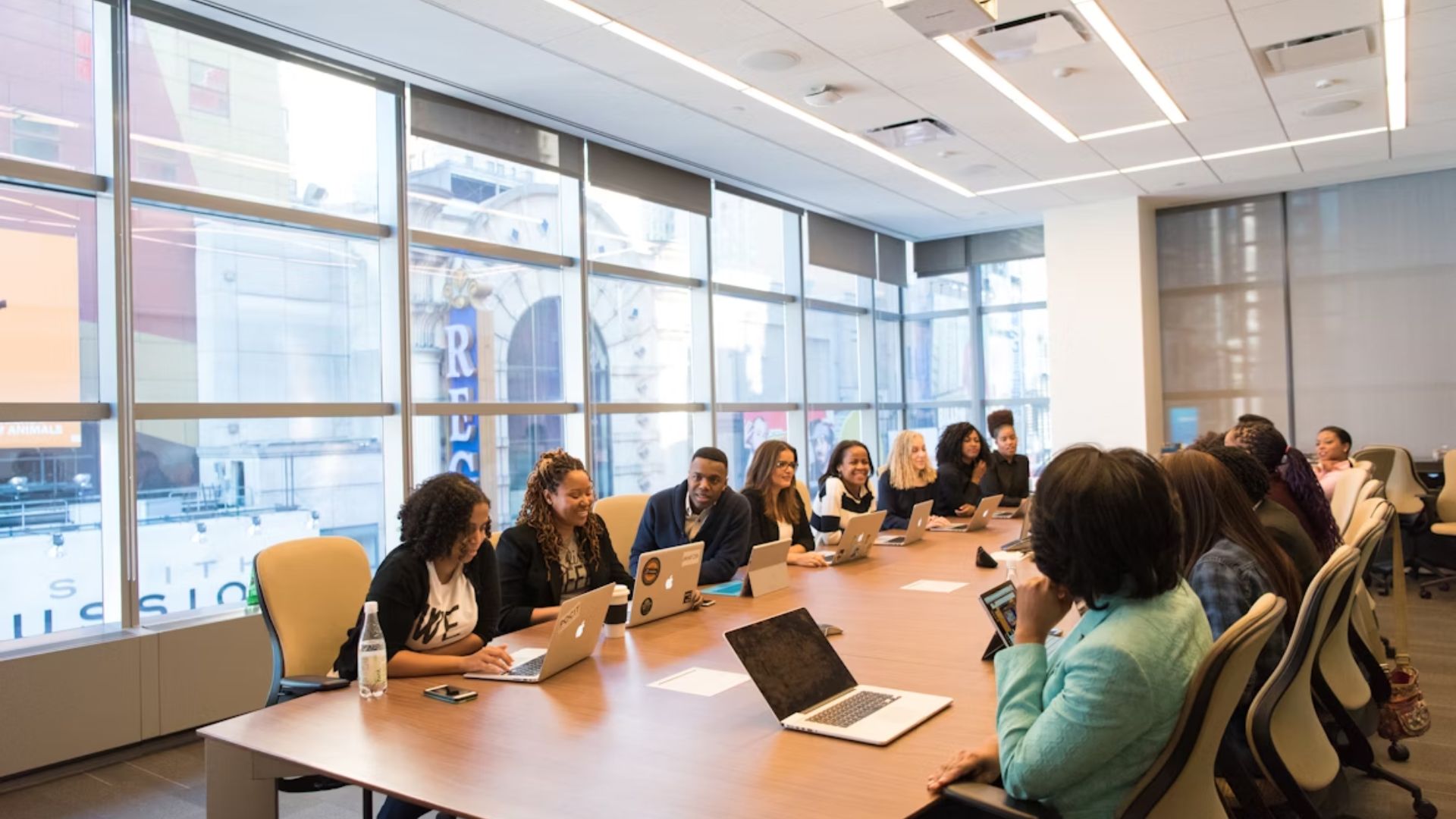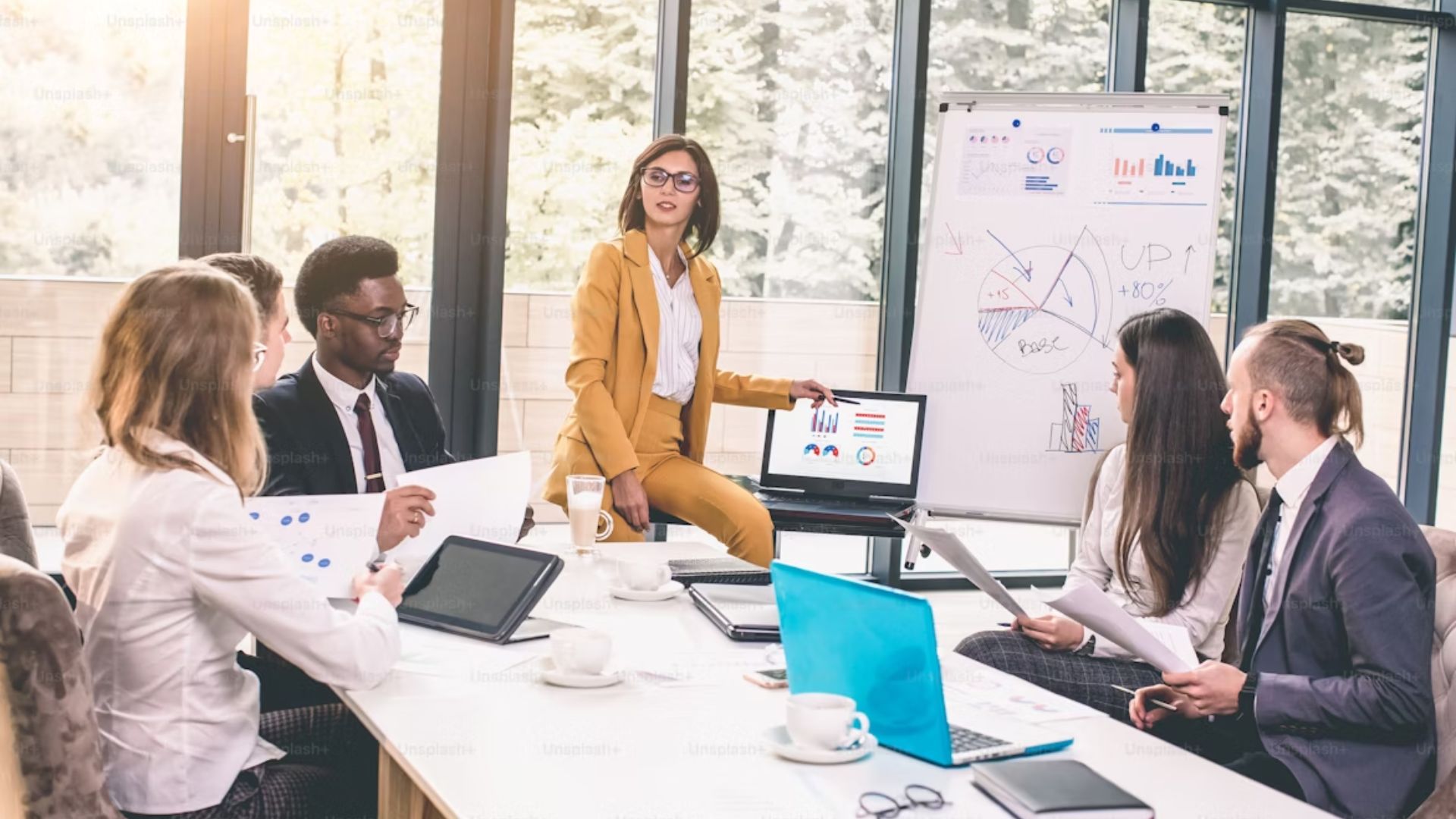Entrepreneurship is as much about mindset as it is about strategy. While a well-thought-out business plan is critical, it’s the ability to navigate uncertainty, adapt to change, and persevere through challenges that defines successful founders. For Carlos Medina, a renewable energy entrepreneur, cultivating the right mindset was the cornerstone of his success.
Carlos’s journey began with a simple goal: to make solar energy accessible to small businesses. The concept was innovative, but the path to execution was riddled with obstacles, from regulatory red tape to fluctuating material costs. Rather than being deterred, Carlos embraced these challenges as opportunities to learn and grow. His mindset, characterized by resilience and adaptability, became his most valuable entrepreneurial asset.
Resilience: The Foundation of Entrepreneurial Success
Resilience is often described as the ability to recover from setbacks, but for entrepreneurs, it’s also about maintaining focus and determination in the face of uncertainty. Carlos experienced this firsthand when a key supplier unexpectedly closed its doors, disrupting his supply chain and threatening to delay projects for months.
Instead of panicking, Carlos reframed the crisis as a chance to explore alternative solutions. He began sourcing materials locally, which not only stabilized his operations but also reduced costs and strengthened relationships within his community.
“Every setback is an opportunity to rethink and improve,” Carlos reflected. This mindset allowed him to view obstacles not as failures but as stepping stones toward a better business model.
Resilience is about more than bouncing back—it’s about using challenges as catalysts for innovation and growth.
Adaptability: Thriving Amid Change
In today’s fast-paced business environment, adaptability is a critical skill for any entrepreneur. Carlos’s initial business model focused on selling solar panels directly to small businesses. However, as customer needs evolved, he recognized the potential of a subscription-based service offering maintenance and support for solar installations.
This pivot not only diversified his revenue streams but also strengthened customer relationships by providing ongoing value. The move required significant adjustments to his operations and marketing strategies, but Carlos viewed it as a necessary evolution. “You can’t grow if you’re not willing to change,” he said.
Adaptability also extended to his leadership style. As his team grew, Carlos shifted from micromanaging daily tasks to empowering his employees with autonomy. This change fostered innovation within the team and allowed Carlos to focus on strategic planning.
Adaptability means staying open to change and being willing to pivot when necessary. It’s a mindset that enables entrepreneurs to seize opportunities and mitigate risks.
Embracing Uncertainty with Confidence
Uncertainty is an inherent part of entrepreneurship, and Carlos learned to embrace it early in his journey. To manage the stress that comes with unpredictability, he adopted a proactive approach to decision-making. This included regular scenario planning, where he and his team mapped out potential risks and responses.
Carlos also cultivated a strong support network of mentors, advisors, and peers. “No one succeeds alone,” he explained. “Having people to turn to for guidance and encouragement makes navigating uncertainty much easier.” This network not only provided practical advice but also helped Carlos maintain perspective during challenging times.
Confidence in the face of uncertainty comes from preparation and a strong support system. Entrepreneurs who anticipate challenges are better equipped to handle them.
Learning from Failure
Like many entrepreneurs, Carlos faced moments of failure. Early in his journey, he invested heavily in a marketing campaign that failed to generate the expected ROI. Rather than dwelling on the loss, he used it as a learning opportunity. By analyzing what went wrong—poor targeting and unclear messaging—he refined his approach and launched a more successful campaign months later.
Failure, Carlos realized, is an inevitable part of entrepreneurship. What matters most is the ability to learn from mistakes and apply those lessons moving forward. “Every failure taught me something valuable about my business and myself,” he said.
Failure is not the end—it’s a stepping stone. Entrepreneurs who learn from their mistakes gain valuable insights that drive future success.
Cultivating an Entrepreneurial Mindset
Carlos’s success was not just the result of external strategies but an internal commitment to growth and self-improvement. He prioritized personal development, attending leadership workshops, reading extensively, and practicing mindfulness to stay grounded.
By maintaining a growth-oriented mindset, Carlos ensured that he was always ready to tackle new challenges. His journey underscores the importance of investing in oneself as much as the business.
Personal growth is integral to entrepreneurial success. A strong mindset enables entrepreneurs to lead with clarity and confidence.
Carlos’s story highlights that the entrepreneurial mindset is not just a set of traits but a way of thinking. Resilience, adaptability, and confidence in the face of uncertainty are the pillars of this mindset, enabling entrepreneurs to thrive in dynamic and unpredictable environments.
For aspiring entrepreneurs, the lesson is clear: success begins with how you approach challenges. By cultivating a mindset of growth and embracing uncertainty as an opportunity, you can build a business—and a future—that is resilient, innovative, and enduring.
Image source: Unsplash.com





